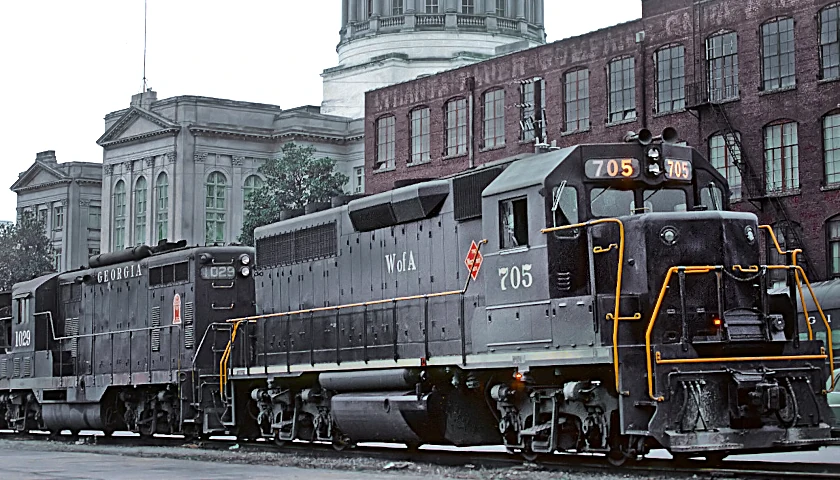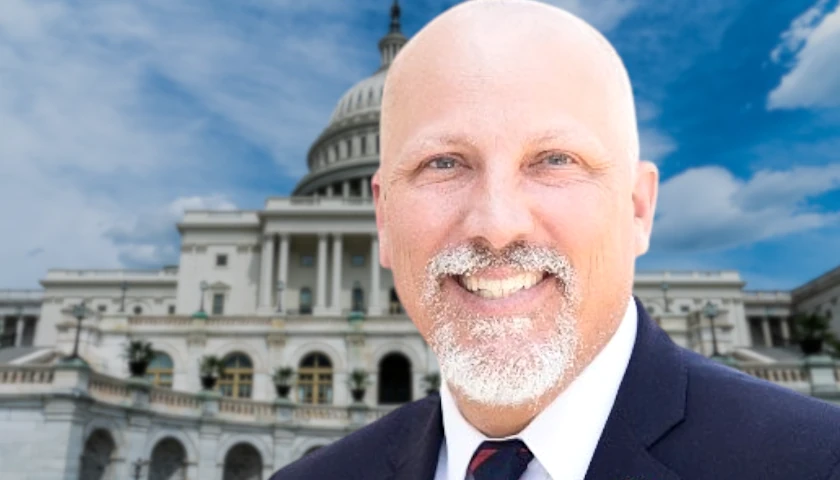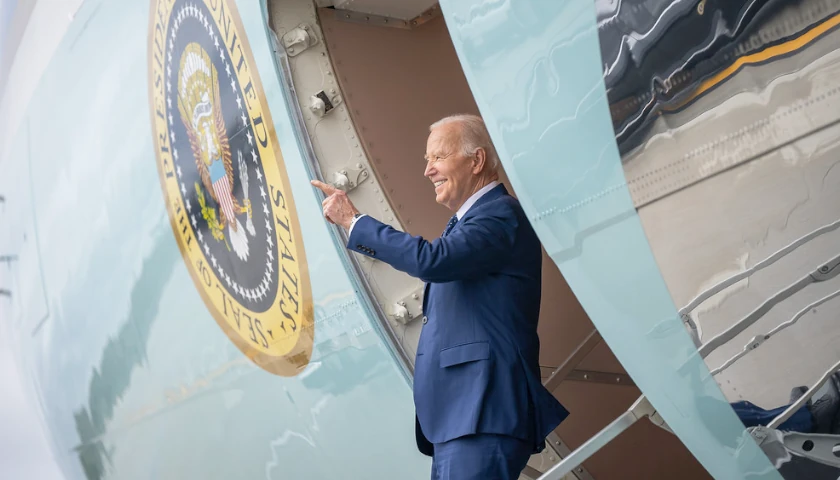by T.A. DeFeo
Georgia owns several railroads, thanks to a 1977 law allowing the state transportation department to financially help railroads to continue rail service that would otherwise be abandoned. The Georgia Department of Transportation’s Intermodal Division manages the state-owned short lines, including the contracts with lessees and administers taxpayer funding.
The Georgia Department of Transportation’s 2021 State Rail Plan executive summary said the state “serves as the epicenter of rail in the Southeast with connections throughout” the country.
The state owns 540 miles of track, 465 of which are active. GDOT leases the lines — the Chattooga & Chickamauga Railway, CaterParrot Railnet, Georgia Northeastern Railroad, Georgia Southwest Railroad, Heart of Georgia and Ogeechee Railroad Company — to private companies to operate.
The total does not include the Western & Atlantic Railroad between Atlanta and Chattanooga, Tennessee, which the state leases to CSX Transportation. A GDOT spokesperson told The Center Square that “there are no current plans for the state to purchase more rail lines.”
According to GDOT, between fiscal 2014 and fiscal 2018, the state allocated roughly $7.9 million per year for railroads, which increased to roughly $35 million in fiscal 2020 for track upgrades. Georgia’s fiscal 2025 budget includes nearly $13.8 million for state railroads, and most of the money — roughly $13 million — comes from the state’s General Fund; federal grants cover most of the rest.
“Freight railroads are often owned or funded privately, which extends to track management and maintenance,” Benjamin R. Dierker, executive director of the Alliance for Innovation and Infrastructure, told The Center Square via email. “The main issue that comes to mind is sharing the track between private freight, state-owned rail, and any passenger lines. With finite track availability, many rail services use the same track and can compete to use them.
“State ownership of any rail service would have to ensure it did not create or impose logistics costs by delaying other services,” Dierker added. “The question of track maintenance can also be an issue, as disagreements between private companies and public entities can arise over who will bear the cost of track investments and upkeep. Such disagreements can also create maintenance delays or added costs.”
– – –
T.A. DeFeo is a contributor at The Center Square.





